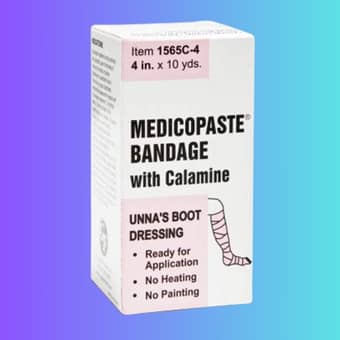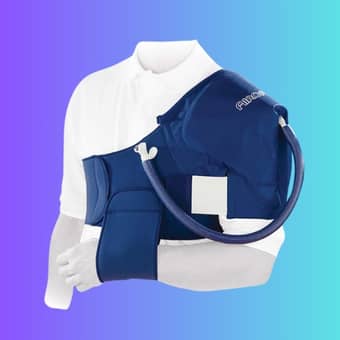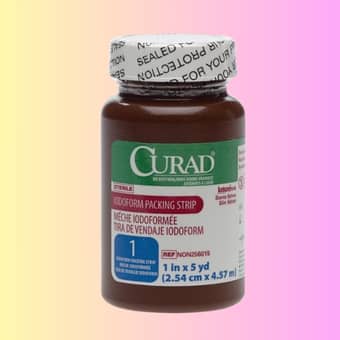Losing weight can be tough. Many people try dietary supplements to boost their efforts. In this guide, you’ll learn about different types of supplements. You’ll see their benefits and drawbacks, and find out how they can fit into your weight loss plan. To find out if dietary supplements suit you, first, understand how they work. Then, assess your individual needs. Your health and well-being come first. Let’s look at this topic to help you decide.
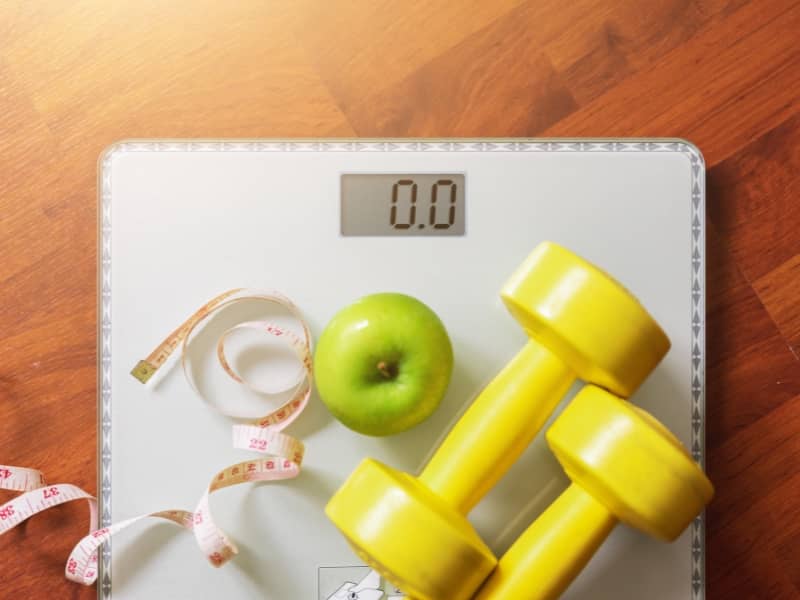
Table of Contents
Key Takeaways:
-
Research is key: Before trying any weight-loss supplement, do your homework. Learn about its ingredients and effects.
-
Talk to a pro: Ask your healthcare provider about supplements for health and weight loss.
-
Balanced Diet and Exercise: Supplements should enhance a healthy diet and regular exercise. They should not take the place of the main strategies for managing weight.
I. Types of dietary supplements for weight loss
Many dietary supplements for weight loss can help with your weight management journey. Here’s a breakdown of some common types:
| Thermogenics | Increase metabolism and calorie burning |
| Appetite Suppressants | Reduce hunger and cravings |
| Fat Blockers | Prevent absorption of dietary fats |
| Carbohydrate Blockers | Inhibit starch absorption |
| Protein Supplements | Enhance muscle mass while losing fat |
Choose supplements that support your diet and exercise for better results.
1.1. Thermogenics
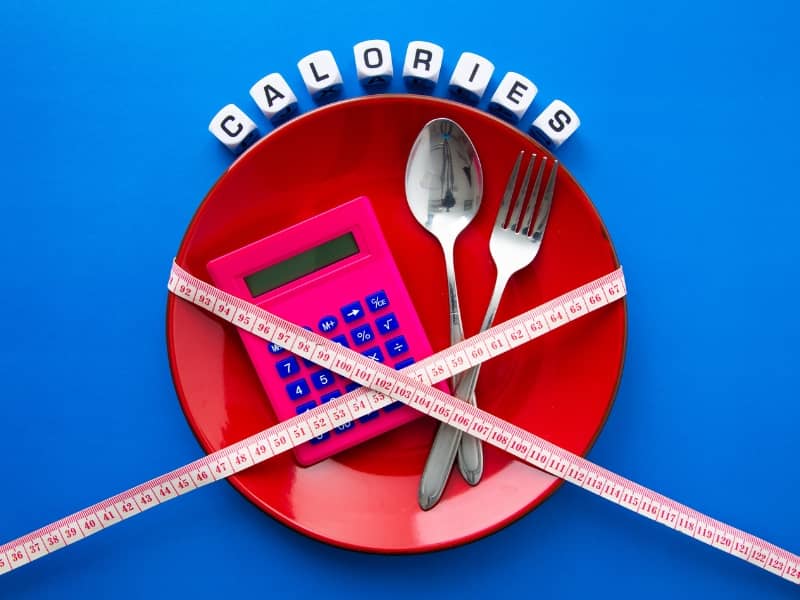
You might consider thermogenic supplements to help boost your metabolism. These products raise your core temperature. This causes you to burn more calories, even when you’re resting. Caffeine and green tea extract help boost thermogenesis. This can give you an extra advantage in losing weight.
1.2. Appetite Suppressants
Many people don’t realize that appetite suppressants can help manage cravings. These supplements help reduce your urge to snack between meals. This makes it easier to stick to your diet plan. Controlling your hunger helps you reach your weight-loss goals.
Supplements can lower appetite, which may reduce food intake. This creates a caloric deficit that helps with weight loss. Be careful with these products. Too much suppression can cause unhealthy eating habits or nutritional gaps.
1.3. Fat Blockers

Suppressants for fat absorption can be an effective way to assist with your weight loss. These supplements block enzymes that digest dietary fats. This helps your body absorb fewer calories. Chitosan and orlistat are common ingredients. They help reduce fat intake from meals.
Fat blockers can help you control your calorie intake and support weight loss. But keeping a balanced diet is still important. Relying on these supplements can hurt your weight loss. You need to meet your nutritional needs, too.
II. Considerations and factors to test
You need to consider different factors before choosing a weight-loss supplement. Consider the following key points:
-
Your health condition.
-
Ingredient transparency
-
Your personal weight-loss goals
-
Potential side effects
You should take a careful approach in your assessment. This will help you make the best choices for your weight loss journey.
2.1. Your Health Status

With every health decision, it is vital to assess your current health status. If you’re concerned about your health or have questions about weight loss supplements, talk to your doctor. They can guide you on whether these options are safe or suitable for your specific needs.
2.2. Ingredient Transparency
When choosing a weight loss supplement, know where the ingredients come from. Also, check what the labels say. Be sure you understand what each ingredient does and its potential effects.
A trusted brand provides a detailed list of all ingredients and their amounts. It also explains the science behind its claims. Look for products that undergo third-party testing to verify purity and potency. This knowledge empowers you to make informed choices about your weight loss efforts.
2.3. Expected Results

Results can differ a lot. This depends on factors like metabolism, lifestyle, and sticking to a balanced diet. Understand that dietary supplements are not a magic solution, but rather complementary aids.
Think about the expected results. This helps you manage your expectations in a way that reflects reality. Sustainable weight loss generally occurs over an extended period. Make short-term goals that you can reach. Remember, a healthy diet and exercise are key to lasting changes in your weight and health.
III. Tips for Choosing the Right Supplement
Not all dietary supplements have the same quality, so you must make a careful choice. Consider the following tips:
-
Understand your health goals.
-
Look for third-party testing.
-
Check the ingredient list.
-
Review the dosage.
-
Be cautious of bold claims.
This careful choice will help you find a supplement that fits your weight-loss goals.
3.1. Research and Reviews
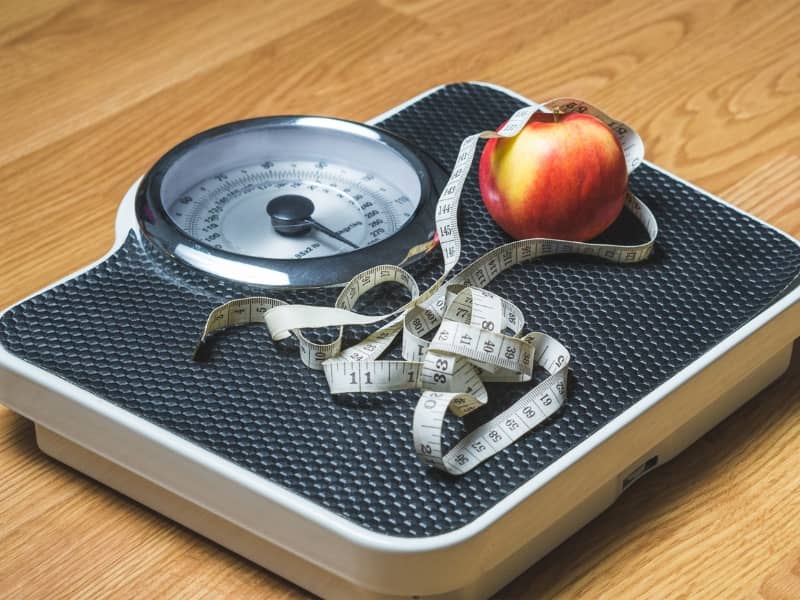
Some people trust personal stories. Research and reviews provide clearer insights into the effectiveness of dietary supplements.
3.2. Consult a healthcare professional.
Even if a supplement seems good, it’s best to talk to a healthcare professional. They can help make sure it’s right for your health.
Consulting a healthcare professional is important. They give you tailored advice. We base this on your medical history, nutritional needs, and weight loss goals. They can explain how your medications or health issues might interact with supplements. This way, you can pick a supplement that is safe and works well for you.
3.3. Check for certifications
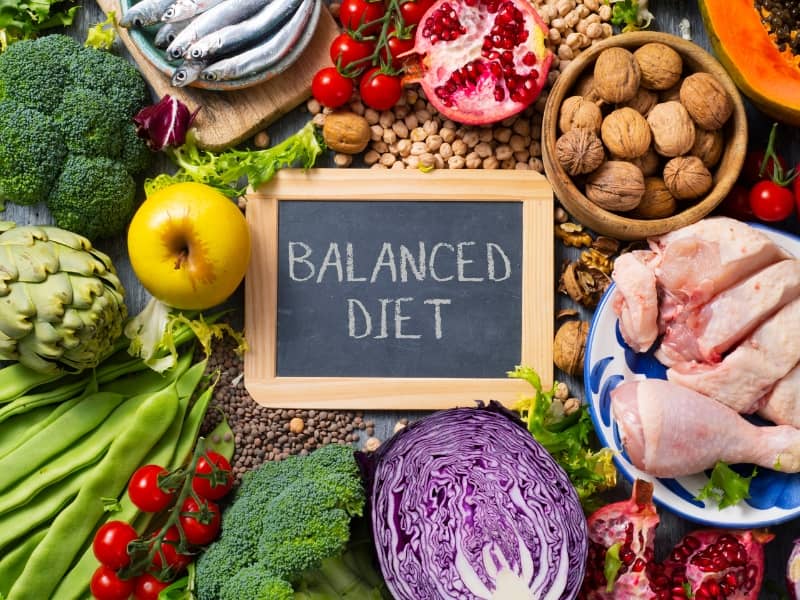
Any dietary supplement you’re considering should have certifications from reputable third-party organizations.
A trusted certification shows that testers checked the supplement for quality and purity. Check for labels from NSF International or the U.S. Pharmacopeia. They ensure high standards in supplement manufacturing. This extra assurance helps you make smart choices. It also lowers the risks of using low-quality products.
IV. Step-by-Step Guide to Using Dietary Supplements
Dietary supplements provide a simpler way to reach your fitness goals. This is different from traditional weight loss methods. To maximize their effectiveness, consider following this step-by-step guide:
| Step | Description |
|---|---|
| 1. Start with a Plan | Create a weight loss strategy that incorporates dietary supplements. |
| 2. Monitor Your Progress | Keep track of your weight and health to assess effectiveness. |
| 3. Adjust as Needed | Modify your supplement choice or dosage based on your results. |
4.1. Start with a plan
Begin your weight loss journey with a clear plan. Include dietary supplements in it. Set your goals, pick supplements that fit your diet, and create a regular schedule for taking them. This preparation gives you a clear way to manage your weight.
4.2. Check Your Progress
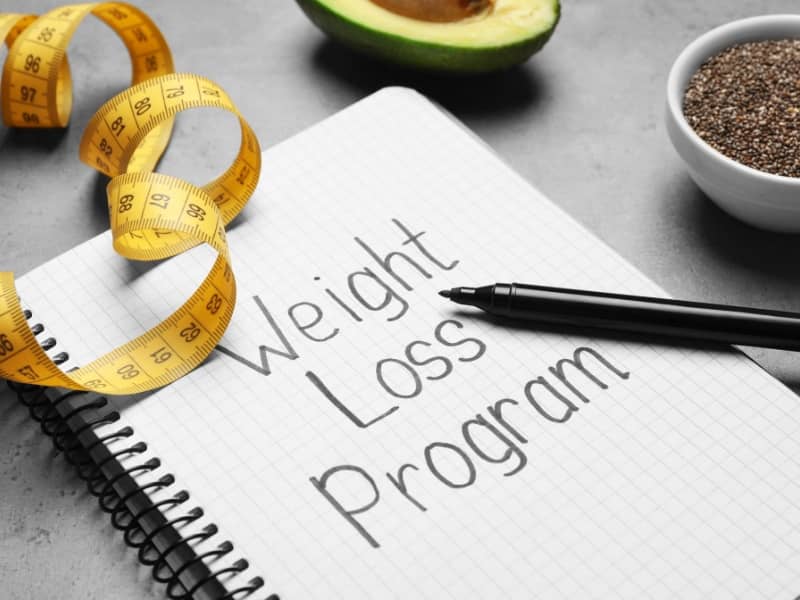
Regularly check how well the dietary supplements support your weight loss plan. Weigh yourself at consistent intervals. Track what you eat and note any physical changes. This ongoing assessment will keep you accountable. It will also help you stay motivated during your weight loss journey.
Establish a schedule to track your progress every week or every two weeks. You can keep a journal or use fitness tracking apps. Track your weight, energy levels, and side effects. This way, you can see how the supplements affect you and make smart choices in the future.
4.3. Adjust as needed
Once you have your data, be flexible. Adjust your approach if needed. If you’re not losing weight or feeling sick, change your supplement or adjust the dose. This can help you meet your goals better.
This ongoing change process can help you fine-tune your weight loss strategy. Watch how your body reacts. If a supplement isn’t helping, look for other options. Prioritizing your health and well-being is key to your weight loss journey.
V. Pros and Cons of Dietary Supplements for Weight Loss
If you’re thinking about weight loss supplements, weigh the benefits and the downsides. Below is a summary of the pros and cons to help you decide if they are suitable for your weight loss journey.
| Pros | Cons |
|---|---|
| May boost metabolism | Can cause side effects |
| Helps curb appetite | Not a substitute for a healthy diet |
| Increases energy levels | Long-term effects are unknown |
| Variety of options available | Can be expensive |
| Some may enhance exercise performance | Quality and safety vary |
5.1. Benefits
Dietary supplements can help with weight loss. They boost your metabolism and make you feel fuller longer. Some supplements boost energy levels. They help you exercise better. These supplements can speed up your weight loss goals. Remember to eat a balanced diet and maintain a consistent exercise routine.
5.2. Risks

Weight loss supplements carry risks you need to think about. Some products can have harmful ingredients. They might also cause side effects, like digestive problems or allergies. Also, many supplements don’t work as promised. This can cause disappointment and wasted money.
Understanding the risks involved is key to making informed decisions. Most weight loss supplements are not well regulated. This leads to uneven quality and can cause harmful interactions with other medications. Always talk to a healthcare provider before starting any supplement. This helps ensure it fits your health needs and won’t harm you.
Dietary Supplement Weight Loss: Benefits and Precautions
When considering weight loss supplements, focus on your health needs and goals. Before taking any supplement, check the ingredients first. Then, talk to a healthcare professional. It’s also important to know the risks and benefits. These products can help. But they should support a balanced diet and regular exercise, not replace them. Your weight loss journey should fit your unique situation, so it’s safe and effective for you.
FAQ
Q: What are dietary supplements for weight loss?
Dietary supplements for weight loss are products designed to support weight loss efforts. They may have ingredients like herbal extracts, fiber, vitamins, and minerals. Many believe that these help burn fat, cut appetite, and boost metabolism. To get the best results, use them with a balanced diet and regular exercise.
Q: How do I know if a dietary supplement is effective?
Check for clinical studies or research that back up a weight loss supplement’s claims. Check for certifications from reputable organizations and read reviews from previous users. Consulting a healthcare provider is important. They can help you see if the supplement fits your health goals and needs.
Q: Are dietary supplements for weight loss safe?
Many dietary supplements are safe. But some may cause side effects or interact with medications. Choose products from trusted brands. Avoid those with unverified or exaggerated claims. It’s best to talk to a healthcare professional. They can help you see if certain supplements are safe for your health or your medications.
Q: Can dietary supplements replace a healthy diet and exercise?
No, people should use dietary supplements to add to a healthy diet and exercise, not to take their place. To lose weight in a healthy way, eat whole foods. Also, engage in regular exercise and change your lifestyle. Supplements can aid the process, but you should not view them as a sole solution.
Q: What are some common ingredients found in weight-loss dietary supplements?
Common ingredients in weight loss dietary supplements include green tea extract, garcinia cambogia, conjugated linoleic acid (CLA), glucomannan, and caffeine. Each ingredient may have different effects, such as increasing metabolism or suppressing appetite. Research these ingredients. Understand how they work before adding them to your routine.
Last Updated on August 6, 2025 by Holistic Healths



